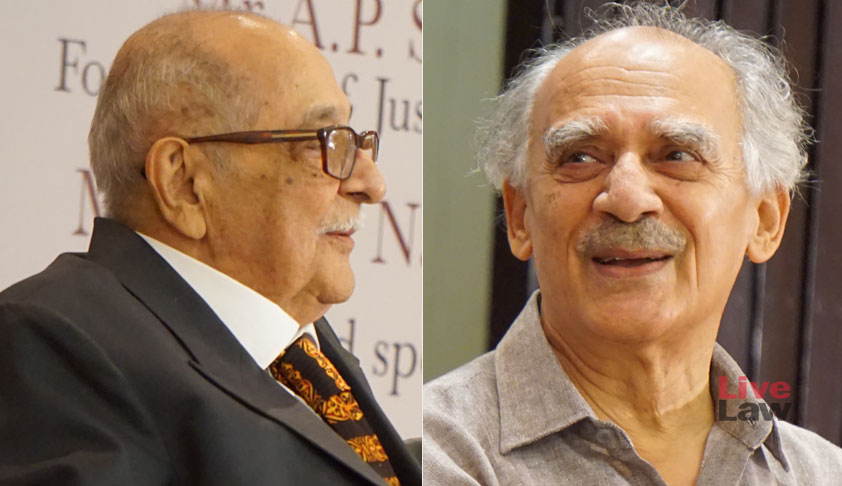Justice is good but, at present, finality is better...a small country like Hungary has 85 judges in its apex court, while we have 25 judges at the moment, with a sanctioned strength of 31...as on April 1, there are 99 lakh civil cases and 2 crore Criminal cases pending...,”“Someone has humorously stated that the provision for one appeal is a reasonable precaution, the provision for...

